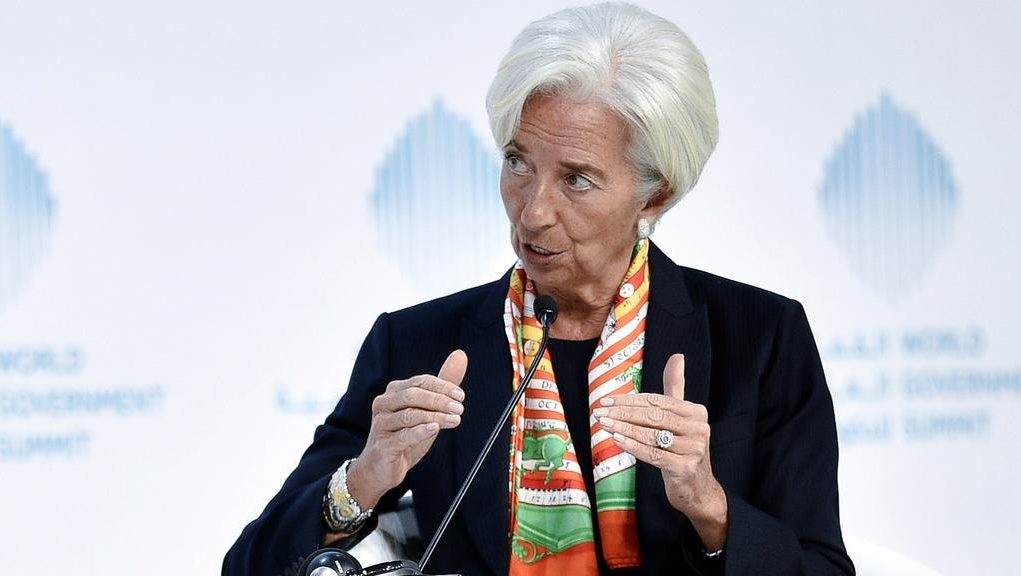The International Monetary Fund (IMF) estimates that if the recently raised and threatened tariffs were to remain in place and announced tariffs were implemented, about three-quarters of a percent of global GDP could be lost by 2020.
Christine Lagarde, Managing Director of the International Monetary Fund (IMF), said in a statement at the conclusion of the Group of 20 (G-20) Summit in Buenos Aires, Argentina over the weekend.

She said: “In my meetings with G-20 Leaders over the past two days, I emphasized that global growth remains strong, but that it is moderating and becoming more uneven. Pressures on emerging markets have been rising and trade tensions have begun to have a negative impact, increasing downside risks.”
“If, instead, trade restrictions in services were reduced by 15 percent, global GDP could be higher by one-half of a percent,” she said, noting that there is an urgent need to de-escalate trade tensions, reverse recent tariff increases, and modernize the rules-based multilateral trade system.
She said another urgent issue is the excessive level of global debt—about $182 trillion by the IMF’s estimate. It is important, particularly for highly indebted emerging-market and low-income countries, to rebuild buffers and reverse procyclical fiscal policies. Increasing debt transparency, such as on the volumes and terms of loans, by borrowers as well as lenders,is as important as supporting debt sustainability.
She suggests the G20 members to fix trade, normalize monetary policy in a well-communicated, gradual, data-driven manner, and address financial risks scientifically.
In another comment on the G20 summit, Nick Marro, an analyst at the Economist Intelligence Unit, said: “There’s still apparently a significant degree of miscommunication between China and US.”
He said China has framed the outcomes as the US removing all tariffs, while the US has said this is contingent on China making progress on changing its economic policies within the next 90 days.
“China omitted the 90-day timeline and any mention of changing its industrial policy in its outcomes sheet, hinting that it either doesn’t recognize the importance of these demands, or doesn’t understand that these are the main drivers of US trade aggression,” he said.
He considered it as a fundamental difference in understanding, and as a result he expects trade hostilities to resume in 2019, although maybe at a later date than originally expected.
He said China’s cutting its auto tariffs is a positive move, but there are no details on timeline or implementation, and China hasn’t yet confirmed these moves.
“The effect may be negligible, anyway,’’ said Marro, noting that most major US auto firms, aside from luxury marques manufacturers, already produce locally in the Chinese market for Chinese consumers. Therefore, he said the thornier issues around forced tech transfer and IP theft are not addressed properly.





































